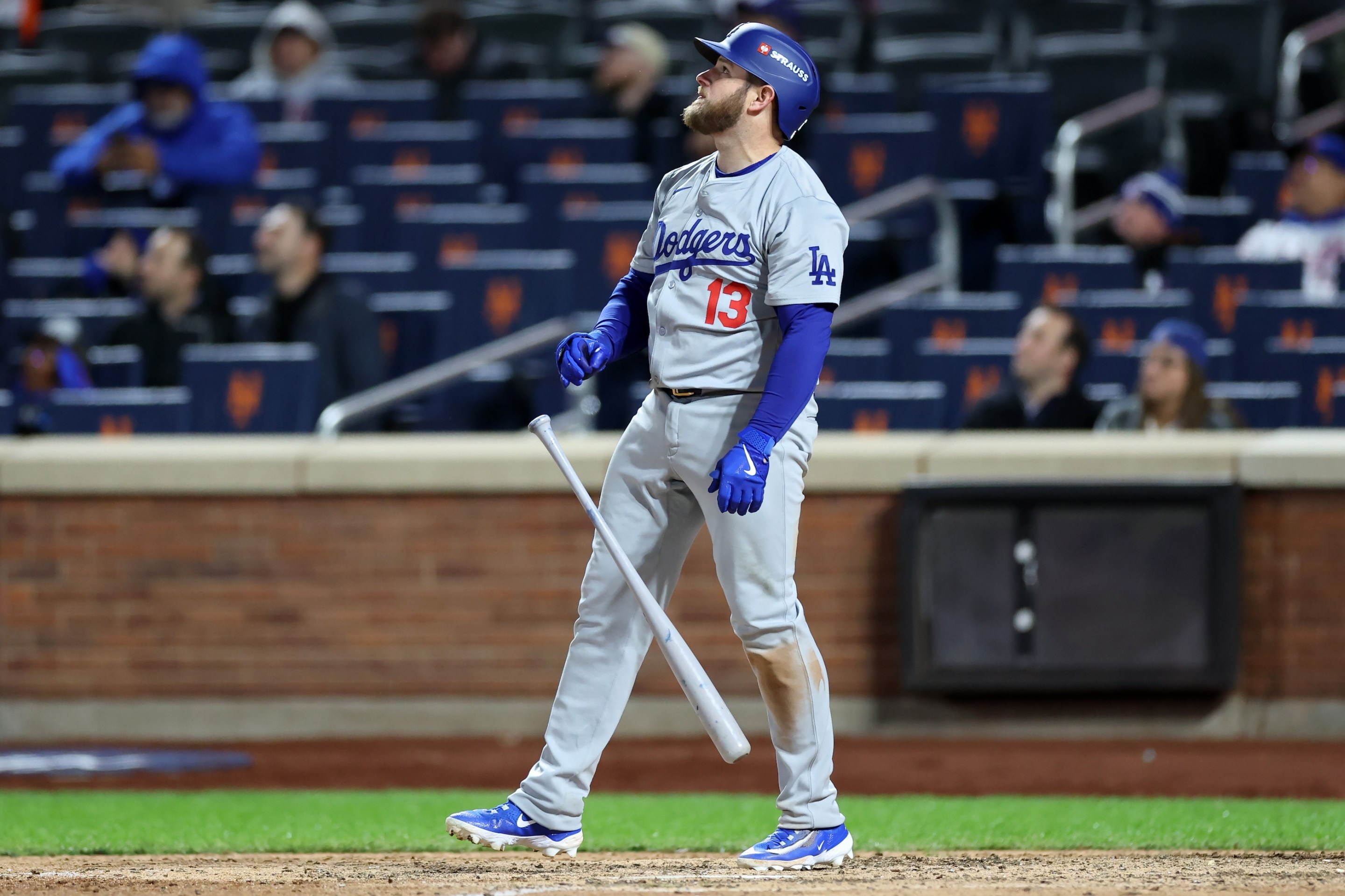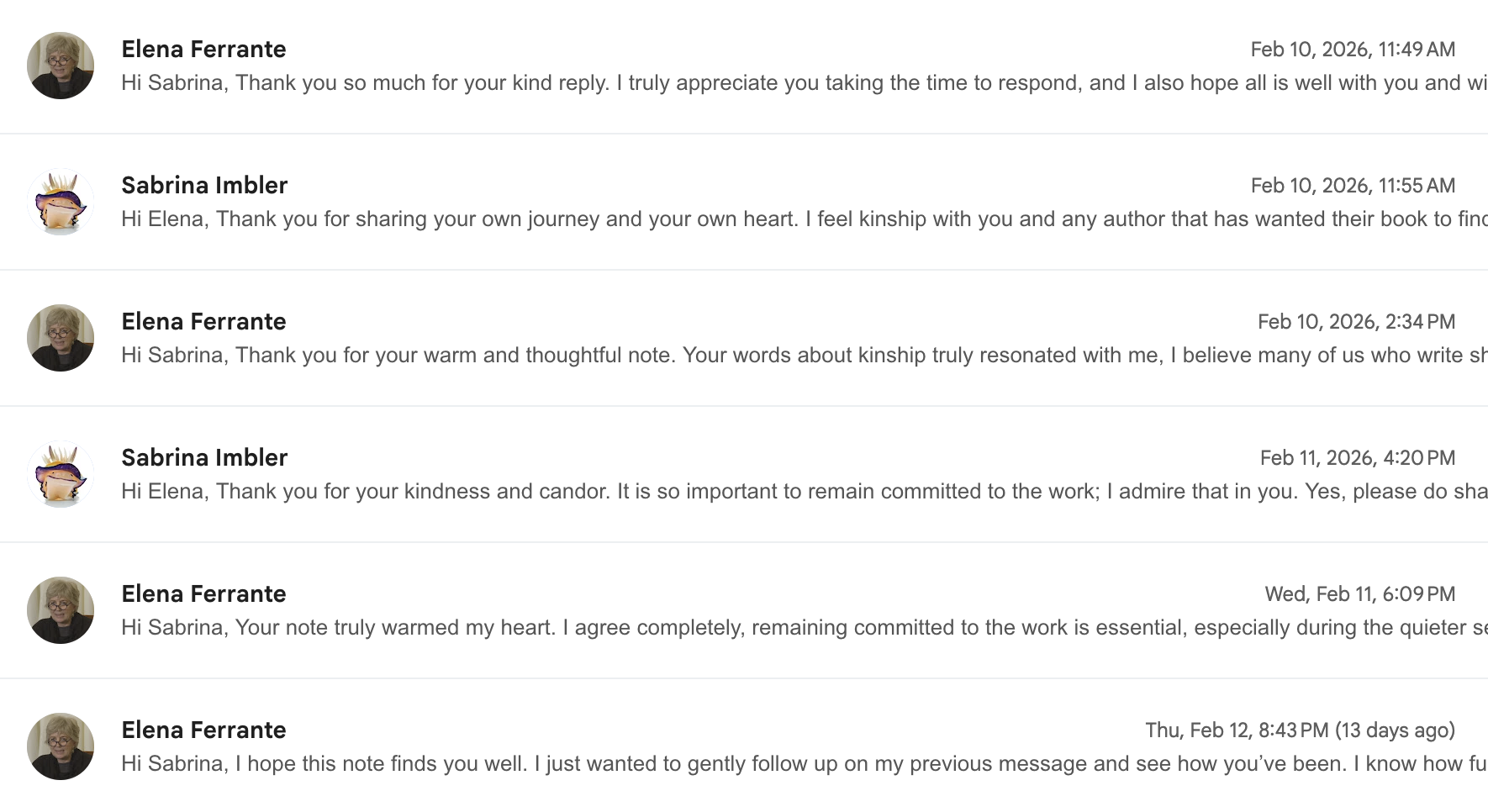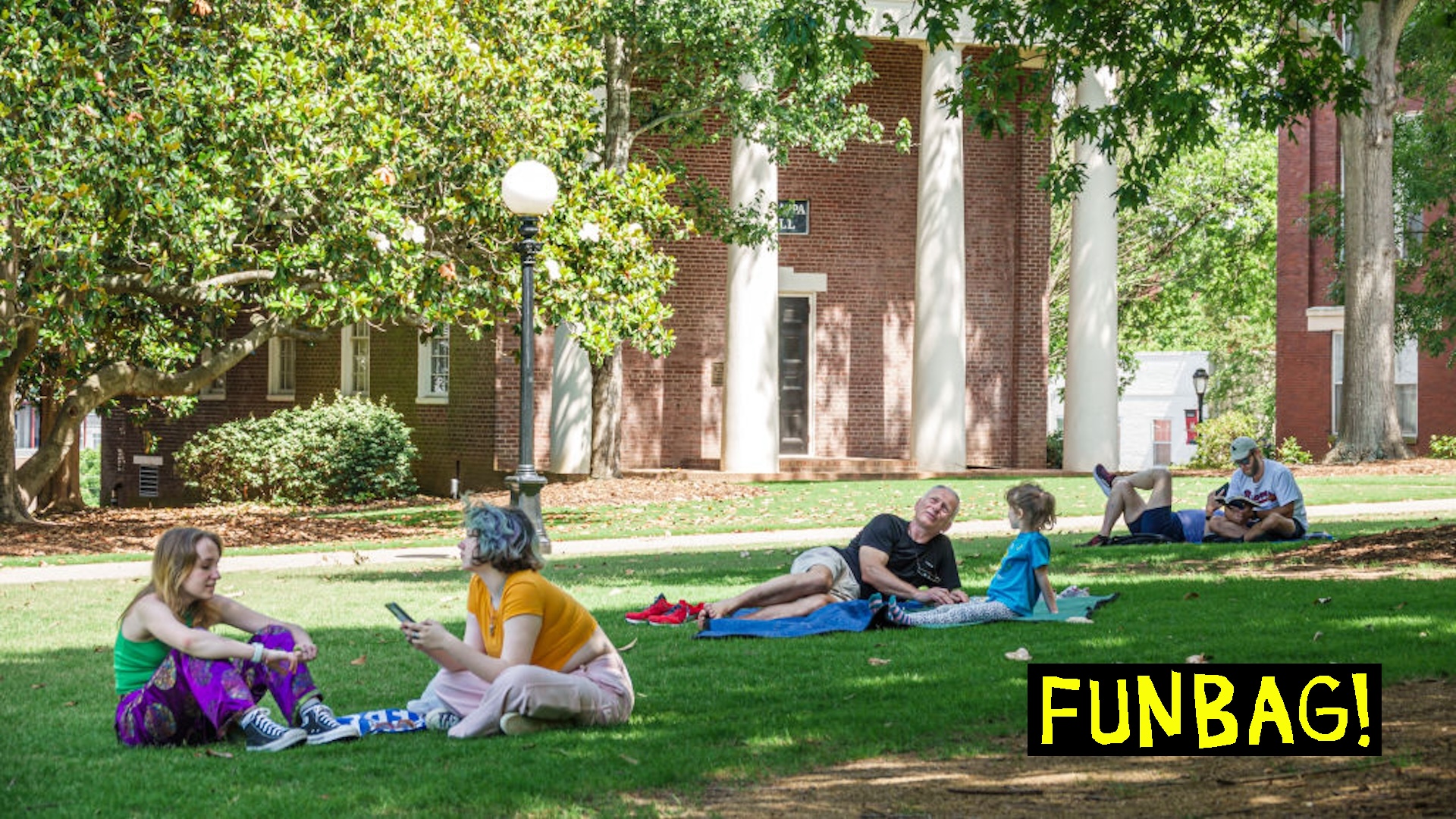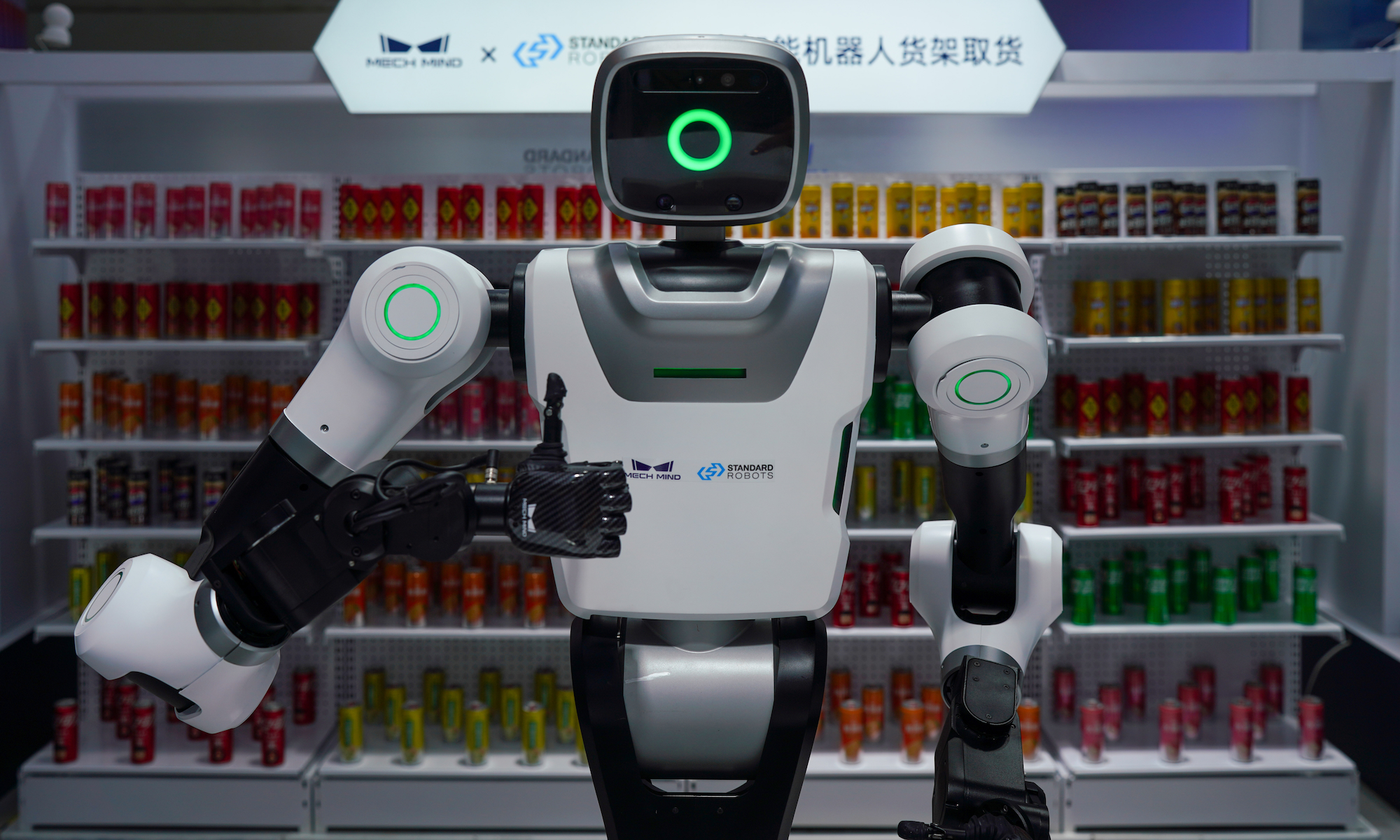Whatever you may feel about the Los Angeles Dodgers on this day, go ahead and feel it. You'll just be wrong.
If they annoy you because of the money they spent to win 103 games and counting and get halfway to the World Series—well, their payroll ranks third among the four remaining postseason teams. If they annoy you because they have been pegged as the postseason ratings savior for Major League Baseball—well, ratings stopped mattering the moment the league’s new media contracts were signed. If they annoy you because you're sick to death of Shohei Ohtani stan-dom—well, you got us there, although we suspect that no one is actually sick of that. If they annoy you because of their fans, and the volume at which they make their case—well, name a fan base that isn't annoying as a basic function of their existence.
But if they annoy you because they have all these advantages and you believe they are controlling their postseason as a direct result—well, you're wrong. I mean, all those things are valid enough, but like all the very best teams, the Dodgers aren't waiting for money and star power to guide them to destiny. Let the amateurs gasp reflexively about Wednesday night’s gargantuan Ohtani home run that might have actually been a foul ball, but the Dodgers are winning because their supposed weaknesses have been the source of their best and most important performances in the games that matter the most.
Sure, part of this is prisoner-of-the-moment stuff. Their 8-0 win over the New York Mets on Wednesday night had next to nothing to do with Ohtani; his home run made a 4-0 game into a 7-0 game, at a point when it had already been established that the Mets were going to stay at 0 until the last team employee to leave the stadium mercifully turned the lights off. It also had nothing to do with Mookie Betts, or one-legged Freddie Freeman, who fill out the best top three in baseball. It only barely had anything to do with the Dodgers’ frantically constructed starting rotation, even allowing for Walker Buehler's white-knuckle-level four shutout innings.
The Dodgers are where they are now—up 2-1 against the Mets behind two walkover wins, and looking more and more like the best team in the field—because of the offensive contributions of Max Muncy, Tommy Edman, and Kiké Hernandez, and thanks to the work of their closerless bullpen. Just to name two things nobody cited when they were talking up the Dodgers in their postseason analyses.
It’s not that the Dodgers’ stars haven’t delivered, it’s that they haven’t really needed to, given the support they’ve received. Muncy, who is both a mainstay and an afterthought at third base, has been the team’s most reliable run producer in October. Hernandez only made the roster after Miguel Rojas's injury in Game 3 of the Padres series, and has been the Dodgers' best hitter ever since. That is, unless you're a batting average dinosaur, in which case the team’s best hitter would be Edman, the trade-deadline seizure from the moribund Cardinals. It’s not the Big Three anyone was talking about going into the season, or even going into the postseason, but more than enough to ensure that there’s no relief to be found anywhere in the batting order.
Elsewhere, there’s been nothing but relief. More than anything else, it is the bullpen by all-hands staff meeting that has allowed the Dodgers to take command of their surroundings. This is despite one of those relievers, Ryan Brasier, being the opener in two of their eight games. Other than two innings of batting practice at the end of San Diego's 10-2 win in Game 2 and Landon Knack blowing up the second and third innings in New York's 7-3 win in Game 2 of the NLCS, the Dodgers bullpen has routinely killed games in innings across all leverage levels. Dave Roberts, the oft-maligned manager, has made 36 pitching changes, of which an astonishing 31 have resulted in no runs and no sweat, an absurdly high percentage. The Dodgers are getting fewer innings per start than any other postseason team, have used an opener twice (only the Tigers used more) and still have four shutouts in eight games. A Mets team that had feasted against relievers in its previous two series has looked utterly lost against the variously superannuated veterans and successful reclamation projects that the Dodgers have presented to them.
We get this deep into the woods only to say the Dodgers are doing the most with the least of their assets, and that's not the Dodgers we have been sold. Even today, the story is Ohtani even though his next game-impacting at-bat of the postseason will be his first. That's an unfair standard, maybe, but it's the one we've been sold. The Dodgers may still end up being the last team standing, but so far they have been as dependent upon Michael Kopech and Blake Treinen and Evan Phillips as they are about Shohei and Mookie and Pegleg Freddie. If they are still annoying in your eyes, it may be for all the reasons they were annoying before October even began. But credit where it is due: The Dodgers have been annoying in ways no one thought they would. And that's the most annoying annoyance of them all.






